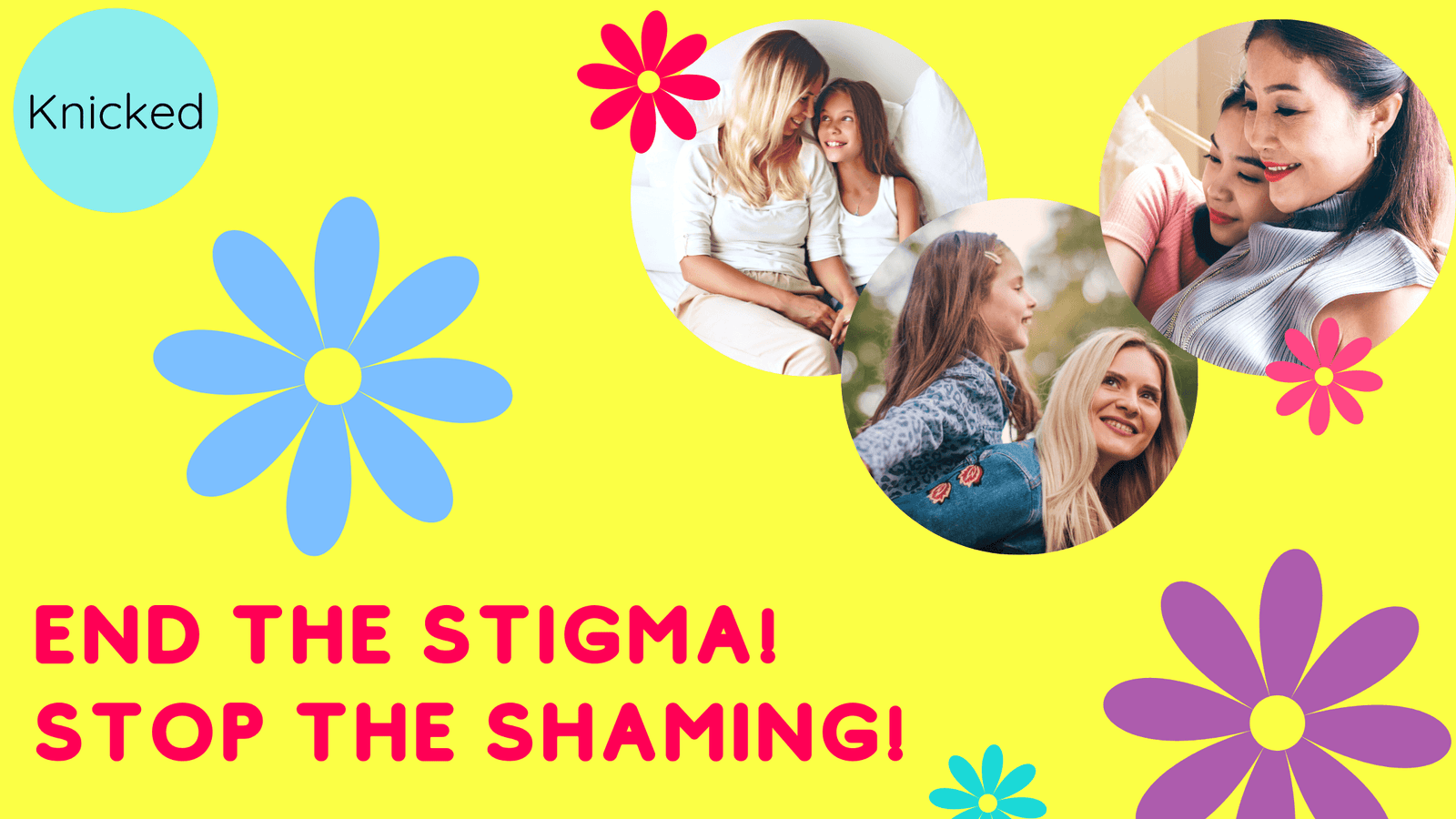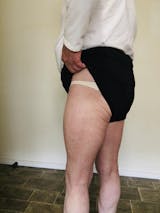In 2021, I shared an article called “fascinating first-period traditions around the world”, which looked at everything from not eating berries for a year (as done in Canada) to wiping your first-period blood over your face to prevent pimples (way to up the skincare, Philippines!). If you haven't read it already, or just want a refresher, you can read the first part of the fascinating first-period traditions here, or read on to learn about even more traditions that might be different from your own! To date, it's one of our most popular blog posts!
Our globe is becoming more and more connected every day, from our instant technological access to people seas away, to the multicultural within our own local communities, it's amazing to be able to share histories and practises with one another.
One of the important practices that we all share is the milestone of a first period! No matter where in the world, every culture holds some significance to this event, so grab your children (because periods are not just normal, they are INTERESTING!), sit down, and read about how some other cultures go about first-periods.

India
In some parts of rural India, a girl on her first period is sent to a hut close to her house along with her sisters or friends, and is forbidden from seeing her mother during her menstruation. She is gifted sarees and jewellery and is given a ceremonial bath, where she is bathed by five women. This is to symbolise her transition into womanhood.
Source: The Logical Indian, accessible here.
In case you're wondering WHY a mother can't see her daughter during her daughter's menstruation in some rural Indian communities, it's because of a deep-rooted belief that menstruation is a sign of impurity and shame. This belief is rooted in ancient cultural and religious practices that consider menstruation to be a taboo and a private matter. According to this belief, if a mother sees her daughter during her first period, it is thought to bring shame and disgrace to the family, and may even affect the girl's future marriage prospects. This belief is slowly changing with increasing education and awareness, but it still persists in some rural areas, highlighting the need for greater awareness and support for menstrual health and hygiene.Kenya
Apparently in Kenya, once a person starts menstruating, they are prevented from eating chicken or eggs, as it is believed consuming these can make them barren.
It was also once believed that anyone who touched menstrual blood, or any man cohabiting with a menstruating woman, was thahu [cursed]. To break this curse the person needed to take cow dung and red ochre and cover it on the part of the body that was touched by blood, and then be purified by the mundu mugo [medicine man].
Now, however, these practices seem to be much less common.
Source: Kenya Blog, accessible here.
Australia
Indigenous Australians used to have various rituals associated with menstruation, all involving spiritual teachings and connections to the land. They included communal feasting and ceremonies and were celebrated as a coming of age, considered by some to be a time of great spiritual power. Grandmothers used to play a key role in educating younger generations about menstruation in traditional forms of learning ... BUT!
In many Aboriginal and Torres Strait Islander cultures, menstruation is considered private.
Western cultural shame prevents discussion of menstruation.
Buying menstrual hygiene products can be embarrassing and expensive in small communities where everyone knows each other.
Unfortunately, menstruation between Indigenous Australians today are more so regarded as “women’s business,” not to be discussed openly – especially in the presence of men.
BUT! Alternatives to menstrual hygiene products like underwear are often used. That's great!Source: BMC Women's Health, accessible here.
Mexico
In Mexico, a girl's first period, or “la menarca”, is celebrated through a range of candles, prayers and commendation to God and the saints by a girl's Abuelita. As Mari Silvia shared in her first period story (linked below), her Abuelita told her: “Your body has now become a woman, but your heart is still childlike. I have to take care of you now more than ever.”
After prayers, Mexican tradition also involves a ceremonial bath, usually enriched with herbs, leaves and flowers. This bath is followed by a massage that is supposed to warm the body and make the period more comfortable to bear, and then a girl is fed broths and other non-irritating foods for the rest of her period. The ceremonial bath is the only time they may clean on their period, with the remaining days only consisting of a washed face and armpits, as well as constantly changed pads.
Source: Vulvani, accessible here.
New Zealand
In Māori culture, the blood of a period represents life, death and the power of regeneration and renewal. Māori traditionally viewed this time to honour the ceremony of the regenerating womb by supporting wāhine [women] to rest.
The first ikura [menstruation] was celebrated with “gift-giving, karakia [prayer], ceremonial hair cutting, ear piercing, hākari [community feasts] and the taking of kauae moko [chin tattoos].” Whānau [family] members also pass their wisdom onto young wāhine to support them to step into their power.
Historically, there was a ceremonial bleeding, where new wāhine would bleed straight into the land as a gift to the mother, Papatūānuku. This practice can still be found today, but reshaped where the first blood is buried back to Papatūānuku and a tree is planted on top.
Source: EONZ, accessible here.

Getting a period for the first time can result in a mix of emotions, and if you take a zoomed-out view of our world, a mix of different traditions! Are there any traditions above you might try out? If so, remember to share the rich history surrounding it with those around you!












